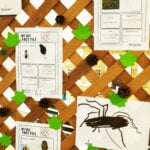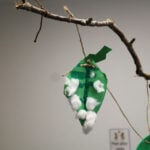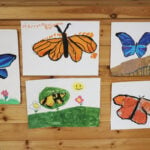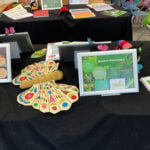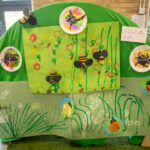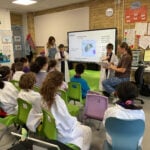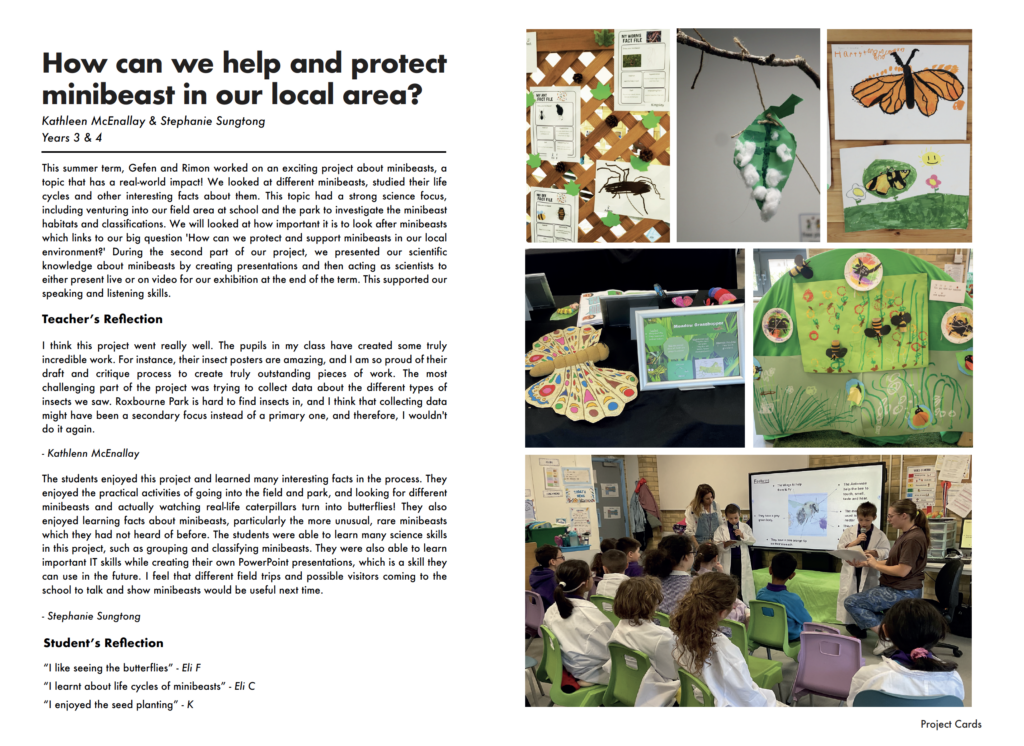
This summer term, Gefen and Rimon worked on an exciting project about minibeasts, a topic that has a real-world impact! We looked at different minibeasts, studied their life cycles and other interesting facts about them. This topic had a strong science focus, including venturing into our field area at school and the park to investigate the minibeast habitats and classifications. We will looked at how important it is to look after minibeasts which links to our big question ‘How can we protect and support minibeasts in our local environment?’ During the second part of our project, we presented our scientific knowledge about minibeasts by creating presentations and then acting as scientists to either present live or on video for our exhibition at the end of the term. This supported our speaking and listening skills.
Teacher’s Reflections
“I think this project went really well. The pupils in my class have created some truly incredible work. For instance, their insect posters are amazing, and I am so proud of their draft and critique process to create truly outstanding pieces of work. The most challenging part of the project was trying to collect data about the different types of insects we saw. Roxbourne Park is hard to find insects in, and I think that collecting data might have been a secondary focus instead of a primary one, and therefore, I wouldn’t do it again.”
– Kathlenn McEnallay
Students’ Reflections
“I like seeing the butterflies” – Eli F
“I learnt about life cycles of minibeasts” – Eli C
“ I enjoyed the seed planting” – K

